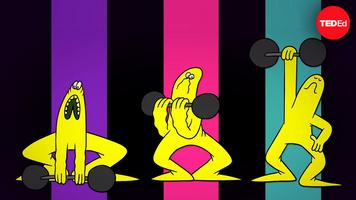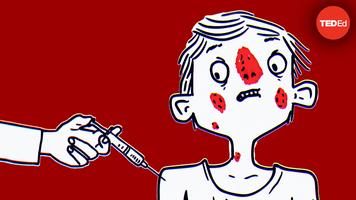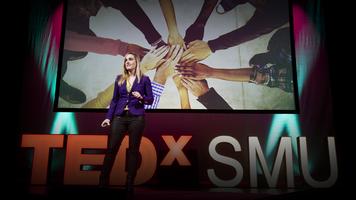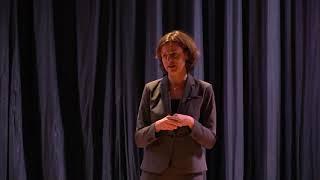Christian Moro: The surprising reason our muscles get tired

You're lifting weights. The first time feels easy, but each lift takes more and more effort until you can't continue. Inside your arms, the muscles responsible for the lifting have become unable to contract. What's going on? Christian Moro explains how exactly our muscles operate, and what causes them to become fatigued. [Directed by Nichola Lat...
Christian Moro: Why do you get a fever when you're sick?

There are many mysteries around fever, but we do know that all mammals, some birds and even a few invertebrate and plant species feel fever's heat. It has persisted for over 600 million years of evolution. But it has a significant cost: for every degree increase in temperature, there's a 12.5% increase in energy required. So, why and how does yo...
Christiane-Marie Abu Sarah: How do daily habits lead to political violence?

What drives someone to commit politically motivated violence? The unsettling answer lies in daily habits. Behavioral historian Christiane-Marie Abu Sarah shares startling insights into how seemingly mundane choices can breed polarization that lead to extreme, even deadly, actions -- and explains how to identify and bypass these behaviors in orde...
Maria Chrysochoou: We are all neurodiverse

Maria Chrysochoou, Professor and Head of the Department of Civil and Environmental Engineering at the University of Connecticut, urges us to cultivate the potential of neurodivergent individuals, whether to contribute to engineering breakthroughs or transform education. Maria obtained her BS in Physics at the Aristotle University of Thessaloniki...
Christiane Marie Abu Sarah: How We're Creating Violent Ecologies (and How Studying History Can Help Us Stop)

What do the manifestos, diaries, police confessions, and court records of activists who committed violent attacks tell us about aggression in political movements? Based on findings from a multi-country study of political violence in the 1940s and 1950s, Dr. Abu Sarah reveals how daily habits reshape our environment, and why learning the history ...